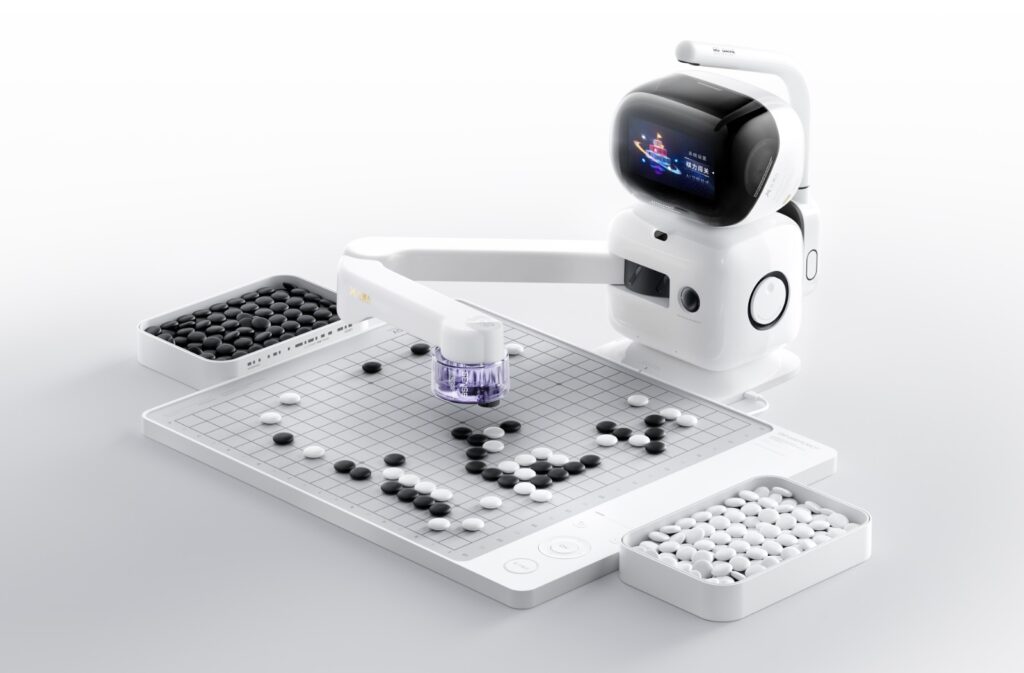Machine Learning is a field of computer science that is revolutionizing technology and impacting various aspects of everyday life. It involves training algorithms on large amounts of data to enable computers to learn and make predictions or decisions without explicit programming. There are different types of Machine Learning techniques, including supervised, unsupervised, and reinforcement learning. Machine Learning is utilized in personalized recommendations on streaming platforms, virtual assistants like Siri and Alexa, fraud detection in financial institutions, healthcare for disease diagnosis and treatment plans, and autonomous vehicles. As technology advances and data availability increases, Machine Learning will continue to transform industries and enhance daily experiences.
Machine Learning in Everyday Life: Unveiling its Role in Modern Technology
Introduction
Machine Learning has emerged as a revolutionary field in the realm of computer science. It has gained significant momentum in recent years, and its impact can be witnessed in various aspects of our everyday lives. From personalized recommendations on streaming platforms to voice assistants like Siri and Alexa, Machine Learning plays an integral role in modern technology.
Understanding Machine Learning
Machine Learning is a subset of artificial intelligence (AI) that aims to enable computers to learn and make predictions or decisions without explicit programming. It provides systems with the ability to automatically learn and improve from experience, without being explicitly programmed for each task.
The Role of Data
At the core of Machine Learning is data. Algorithms are trained on vast amounts of data, enabling them to identify patterns, analyze trends, and make informed decisions. The more data available, the more accurate and reliable the Machine Learning models become.
Types of Machine Learning
There are several types of Machine Learning techniques, including:
- Supervised Learning: This technique involves training models on labeled data, where the desired outcome is known. The model learns to map the input data to the correct output based on this labeled training data. This method is used in applications such as spam email detection or voice recognition.
- Unsupervised Learning: In this approach, the model is trained on unlabeled data, meaning there is no predefined output. The goal is to explore and identify patterns or relationships within the data. This technique is used in tasks like clustering similar documents or grouping customers based on purchase behavior.
- Reinforcement Learning: This type of Machine Learning involves training models through a trial-and-error process. The model interacts with an environment and receives feedback in the form of rewards or penalties. Over time, the model learns to make decisions that maximize rewards and minimize penalties. Reinforcement Learning is often used in game-playing AI agents.
Applications of Machine Learning in Everyday Life
1. Personalized Recommendations
One of the most common applications of Machine Learning can be witnessed on streaming platforms like Netflix and Spotify. These platforms utilize algorithms that analyze user behavior, preferences, and interactions with the content to provide personalized recommendations. The algorithms identify patterns in user data and suggest movies, TV shows, or songs that are likely to be of interest to the user, enhancing their overall experience.
2. Virtual Assistants
Virtual assistants like Siri, Alexa, and Google Assistant have become an integral part of many households. These AI-powered assistants utilize Machine Learning to understand user commands, process natural language, and provide relevant responses. They continuously learn and improve by analyzing user interactions, allowing them to better understand user intent and provide more accurate results or recommendations.
3. Fraud Detection
Financial institutions and credit card companies employ Machine Learning algorithms to detect fraudulent activities. These algorithms continuously analyze large volumes of transactional data and identify patterns that indicate potential fraud. By recognizing unusual patterns or deviations from normal behavior, Machine Learning models can flag suspicious transactions in real-time, protecting users from financial losses.
4. Healthcare
Machine Learning is making significant strides in the healthcare industry. It is used to analyze large medical datasets and assist in diagnosing diseases, predicting patient outcomes, and recommending personalized treatment plans. By analyzing millions of patient records, Machine Learning can uncover hidden patterns and identify risk factors, ultimately leading to improved healthcare delivery and patient care.
5. Autonomous Vehicles
Self-driving cars represent an exciting application of Machine Learning in the transportation industry. These vehicles collect and process massive amounts of data from sensors, cameras, and radar systems. Through advanced Machine Learning algorithms, they can identify objects, predict their movements, and make informed decisions in real-time, ensuring a safe and efficient driving experience. Machine Learning in autonomous vehicles has the potential to revolutionize transportation and reduce accidents caused by human error.
Conclusion
Machine Learning has become an integral part of our everyday lives, influencing the way we interact with technology. From personalized recommendations to autonomous vehicles, Machine Learning algorithms continuously learn, adapt, and make accurate predictions without explicit programming. As technology advances and data availability increases, the applications of Machine Learning will continue to expand, transforming numerous industries and improving our daily experiences.
